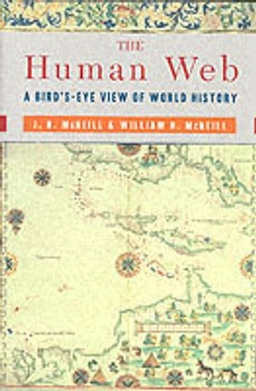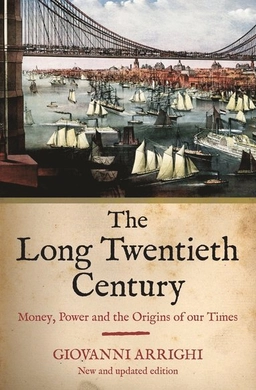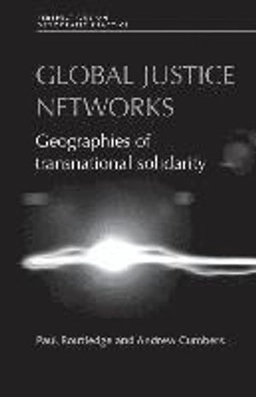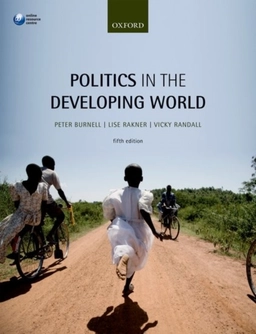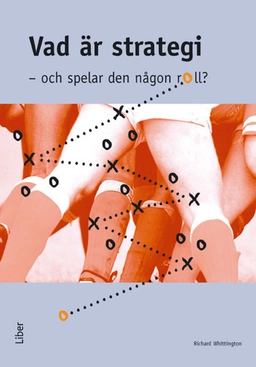

The global economy 1944-2000 : the limits of ideologyUpplaga 10
- Upplaga: 10e upplagan
- Utgiven: 2004
- ISBN: 9780340761380
- Sidor: 224 st
- Förlag: Arnold
- Format: Häftad
- Språk: Engelska
Om boken
Åtkomstkoder och digitalt tilläggsmaterial garanteras inte med begagnade böcker
Mer om The global economy 1944-2000 : the limits of ideology (2004)
2004 släpptes boken The global economy 1944-2000 : the limits of ideology skriven av Scott Newton. Det är den 10e upplagan av kursboken. Den är skriven på engelska och består av 224 sidor. Förlaget bakom boken är Arnold.
Köp boken The global economy 1944-2000 : the limits of ideology på Studentapan och spara uppåt 68% jämfört med lägsta nypris hos bokhandeln.
Referera till The global economy 1944-2000 : the limits of ideology (Upplaga 10)
Harvard
Oxford
APA
Vancouver

